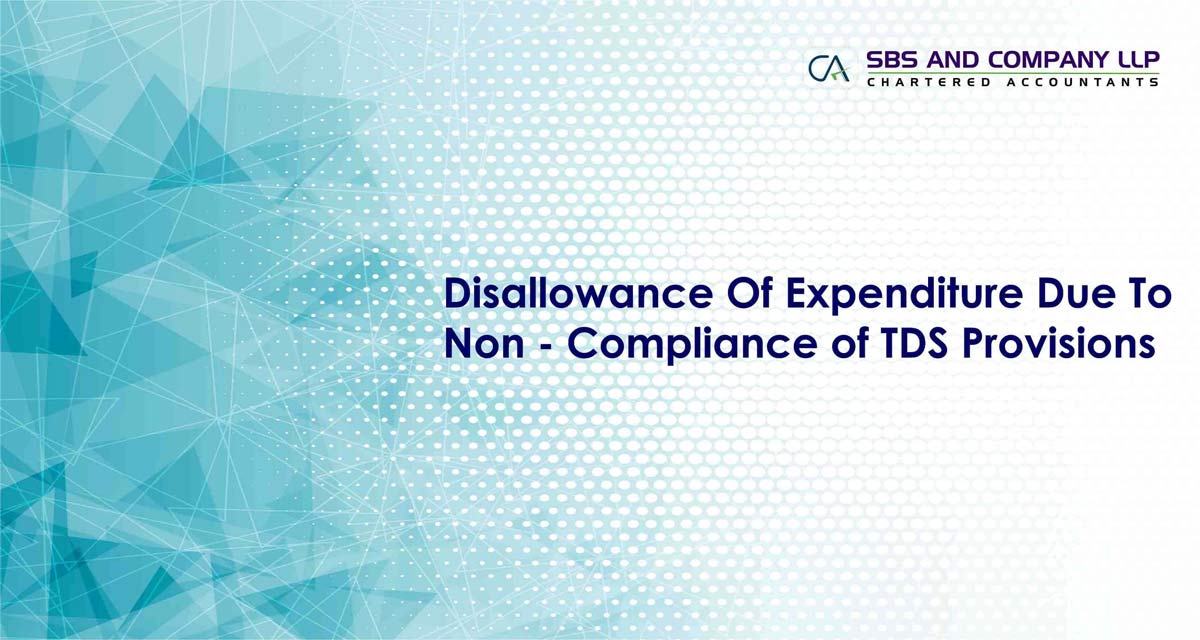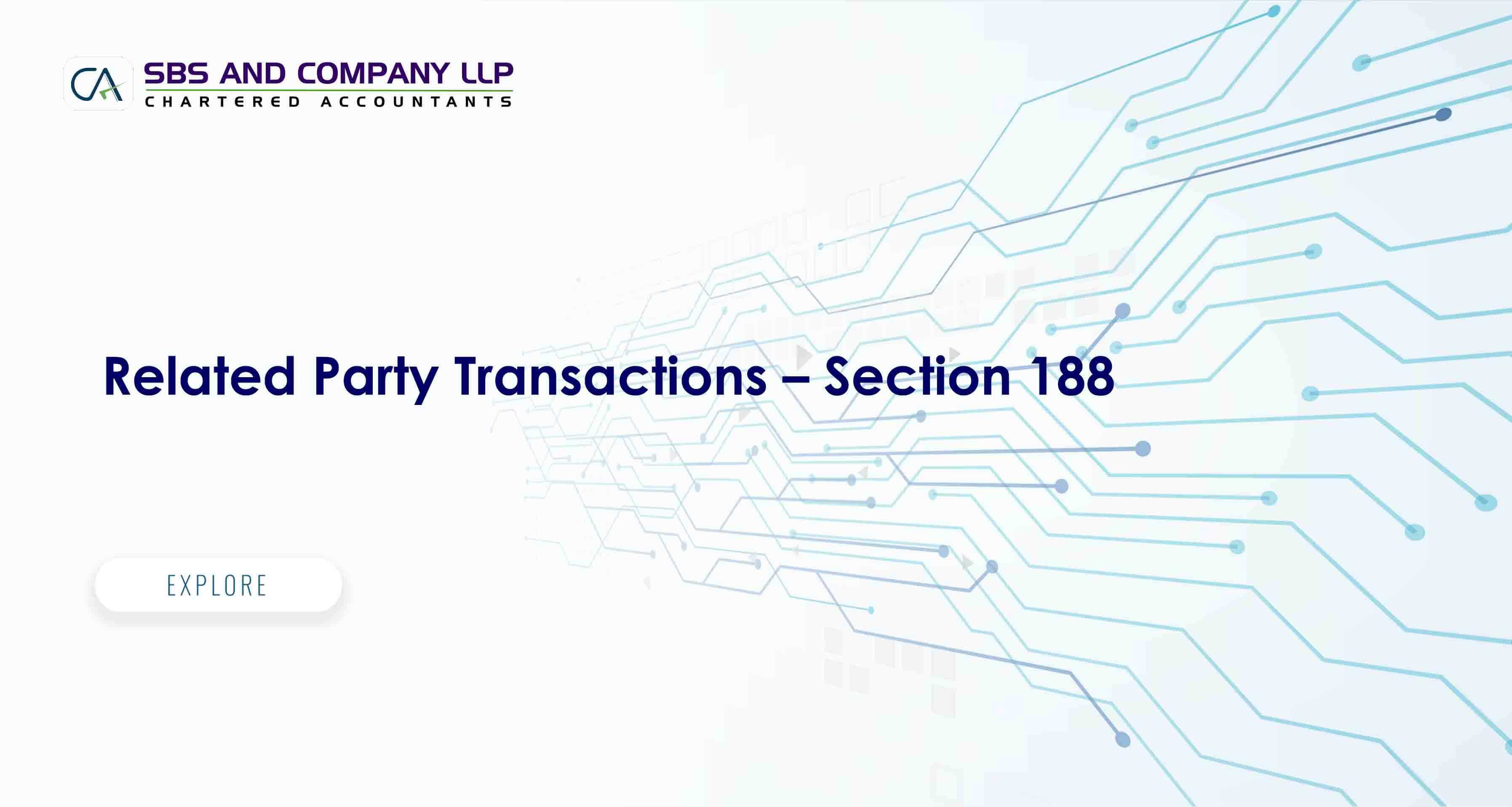- SBS AND COMPANY LLP
- Blog
- Hits: 2722
Disallowance Of Expenditure Due To Non - Compliance of TDS Provisions
Section 40 of the Income Tax Act, 1961 provides for non-deduction of amount of expenditure specifically mentioned there in. One of the important provisions which merit our attention and faced by many assesses in day to day transactions is 40(a)(ia).
Section 40(a)(ia) provides for disallowance of expenditure in relation to interest, commission or brokerage, rent, royalty, fees for professional services or fees for technical services payable to resident, or amounts payable to a resident contractor or sub – contractor for carrying out any work including supply of labour for carrying out any work.
The disallowance of amounts mentioned in section 40(a)(ia) will be made if the tax is not deducted at source or after deduction of tax at source has not paid the same on or before the due date specified in section 139(1)4.
The word “Payable” used in this section is subject matter of controversy.
This controversy is raised in various cases before ITAT, High Courts and finally the matter was settled by the Supreme Court.
Historical Background of Section 40a(ia):
Section 40a(ia) was introduced in the Income Tax Act, 1961 by the Finance Act 2004 W.e.f 1st April, 2005. This section overrides the provisions of sections 30 to 38 of the Income Tax Act, 1961. Initially the Finance Bill 2004 contains the word “amounts credited or paid” but later it was changed to “payable” in the Finance Act, 2004. This may be due to time limit provided for payment of TDS as per Rule 30 of the Income Tax Rules. Also using the word “paid” result in permanent disallowance, which was not the intention of legislation while introducing section 40(a)(ia).
Read more: Disallowance Of Expenditure Due To Non - Compliance of TDS Provisions








